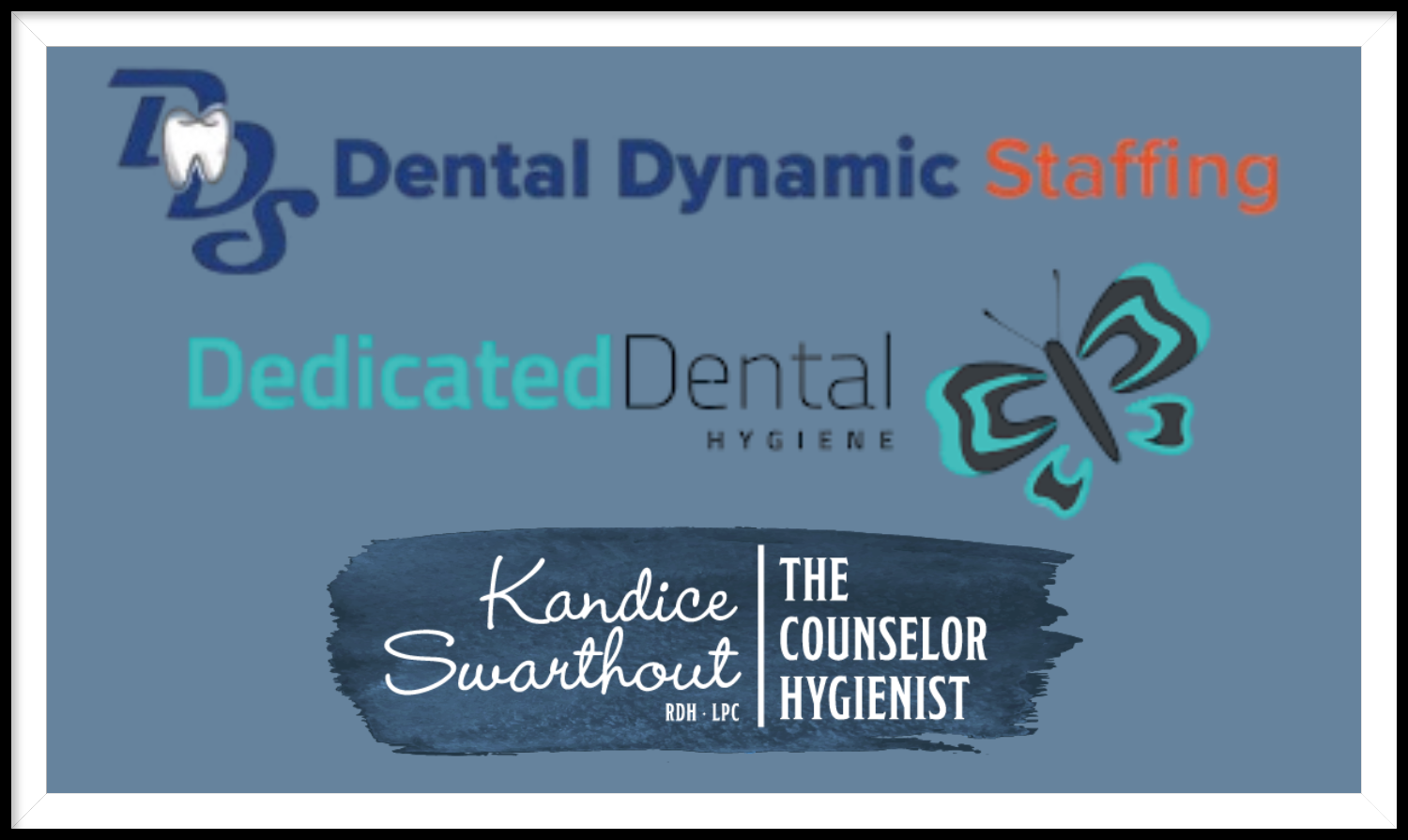CSI Hygienist:
Disclosing the Evidence of Biofilm to Patients
Speaker: Christelle Kidd
Course Description:
Gain a deeper understanding of oral biofilm, the power of disclosing solution for patient education and clinician efficiency using different methods of biofilm removal. Learn how to effectively educate patients on the critical role of biofilm, its connection to dental infection and systemic disease, and the patient’s responsibility to maintain a symbiotic oral microbiome. This course covers the various types of disclosing agents available and advanced clinical techniques for biofilm removal.
Course Objectives:
- Review the components of biofilm and its link to systemic disease
- Understand the value of disclosing biofilm during clinical assessment
- Improve the results of patient education with communication tools, verbiage and homecare options
- Explore modern methods to remove disclosed biofilm using advanced technology
Fetal Alcohol Spectrum Disorder (FASD)
Be In the Know
Speaker: Jennifer Swetmon
Course Description:
Fetal Alcohol Spectrum Disorder (FASD) is a group of birth defects caused by overconsumption of alcohol by the mother during pregnancy. Exposure to alcohol during fetal formation may cause damage to brain cells resulting in physical, mental and behavioral complications. The stigma of reporting drinking during pregnancy presents a challenge for diagnosis. There is no cure for FASD, but early intervention has shown to improve outcomes. Prevention is the key – educating women of child-bearing years on the dangers of alcohol consumption, particularly during the first trimester, is the first step in treating this incurable, lifelong disease.
Course Objectives:
- Participants will be able to define causes of Fetal Alcohol Spectrum Disorder, recognize physical attributes of FASD, and understand neurological implications of the disease
- Participants will be able to recognize behavioral signs of FASD, understand how FASD is clinically diagnosed, and how FASD is often confused with behavioral signs and symptoms of autism spectrum disorder
- Participants will be able to will be able to the describe dental implications and special needs treatment of patients diagnosed with FASD
- Participants will be able to offer chair-side patient education on the implications of alcohol use by women in child-bearing years
- Participants will be able to offer resources to patients, friends or family members affected by FASD
Sponsored By:


